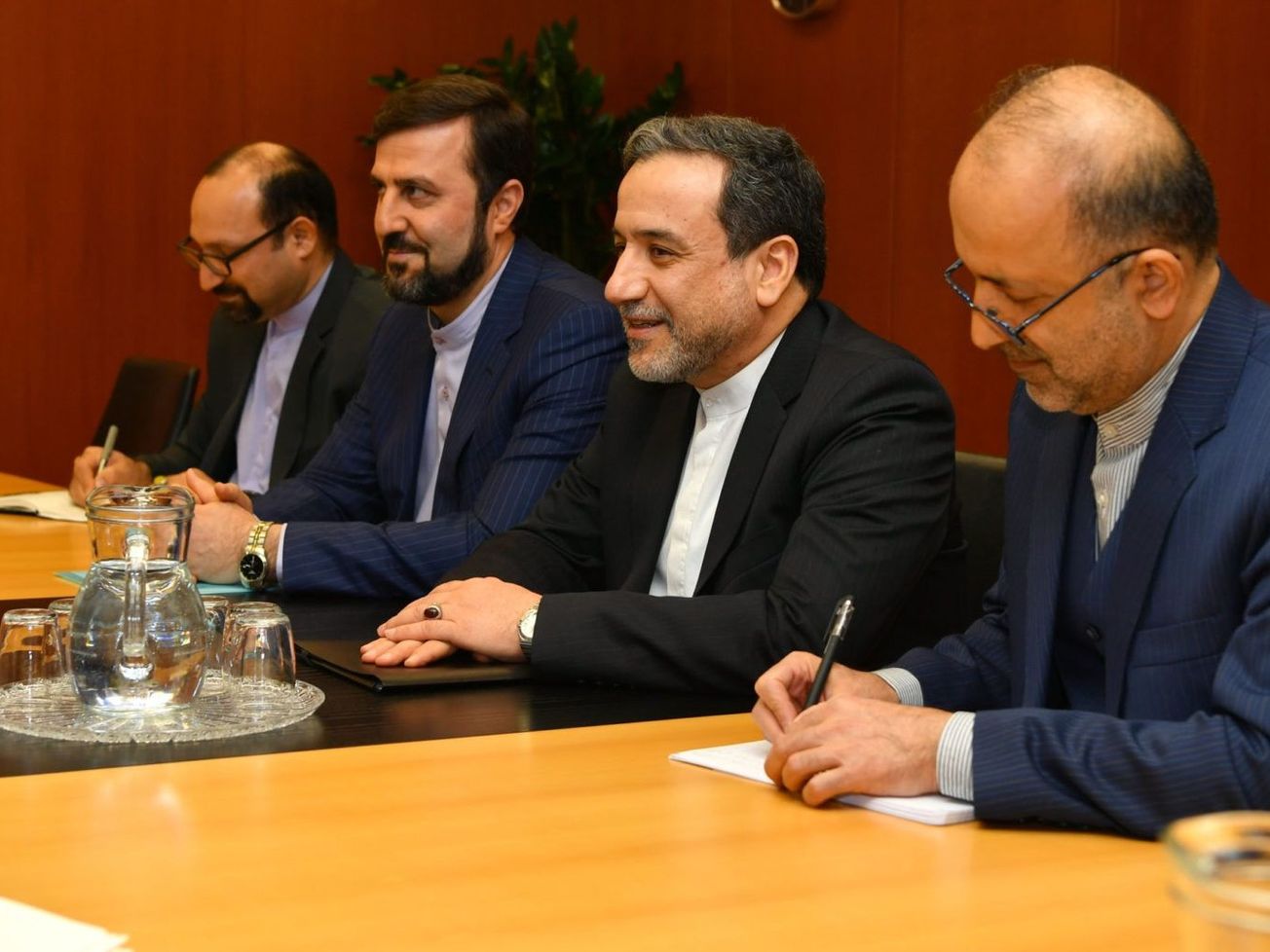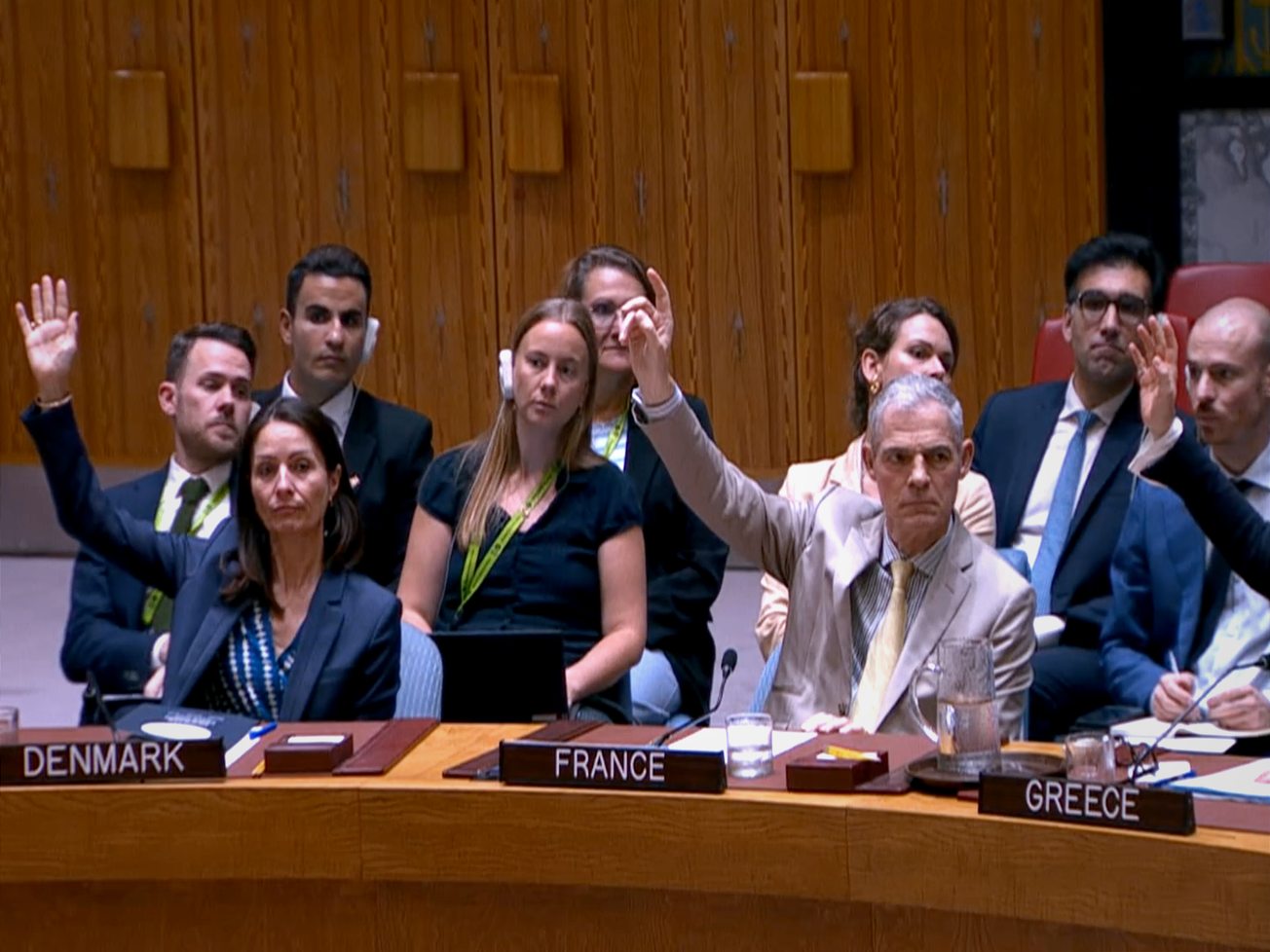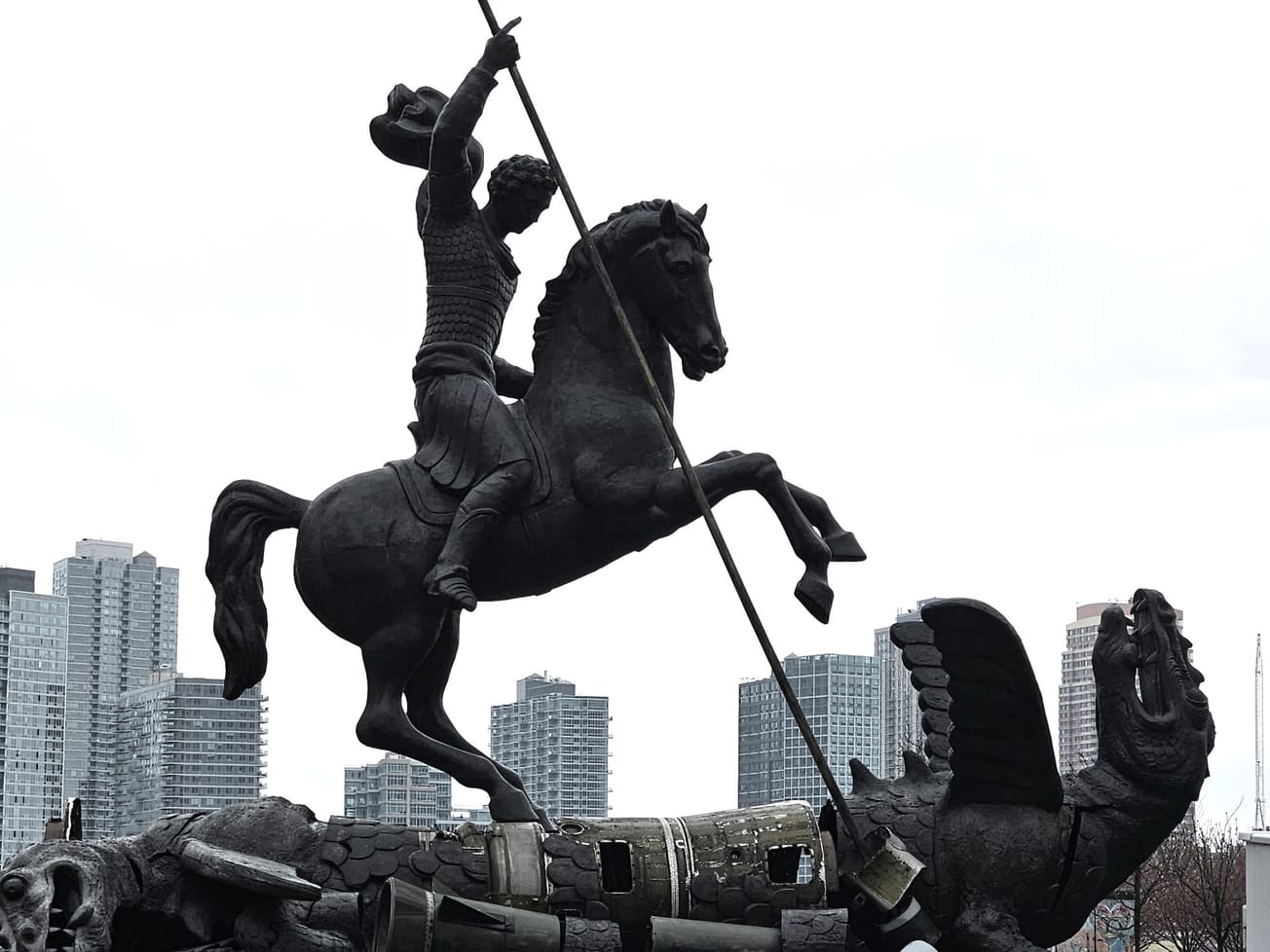VIENNA (AN) — Britain, France and Germany demanded that Iran remain in the fraying 2015 nuclear deal but did not press to reactivate United Nations-approved economic sanctions that crippled the Mideast regional power.
The European powers urged Tehran on Friday to stop taking steps away from compliance with the treaty, formally known as the Joint Comprehensive Plan of Action, or JCPOA. Their meeting in Vienna included China, the European Union and Russia — collectively all the remaining parties to the landmark treaty.









